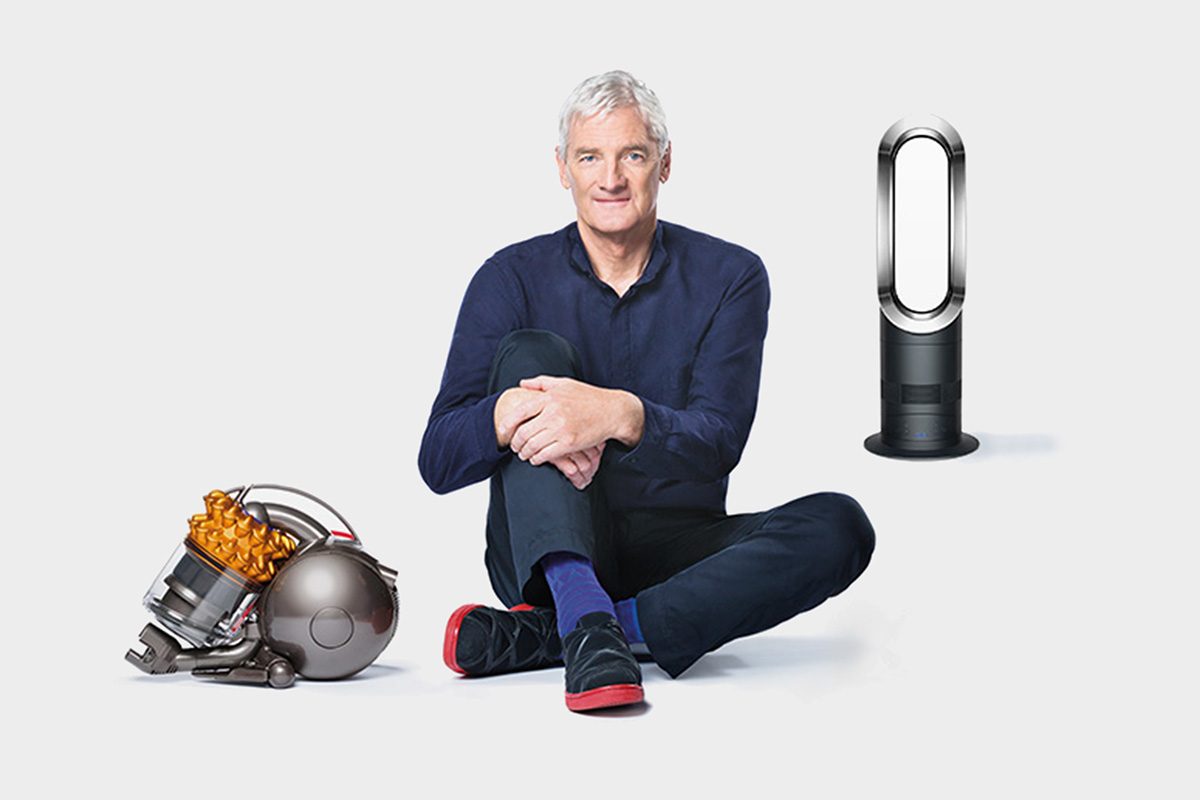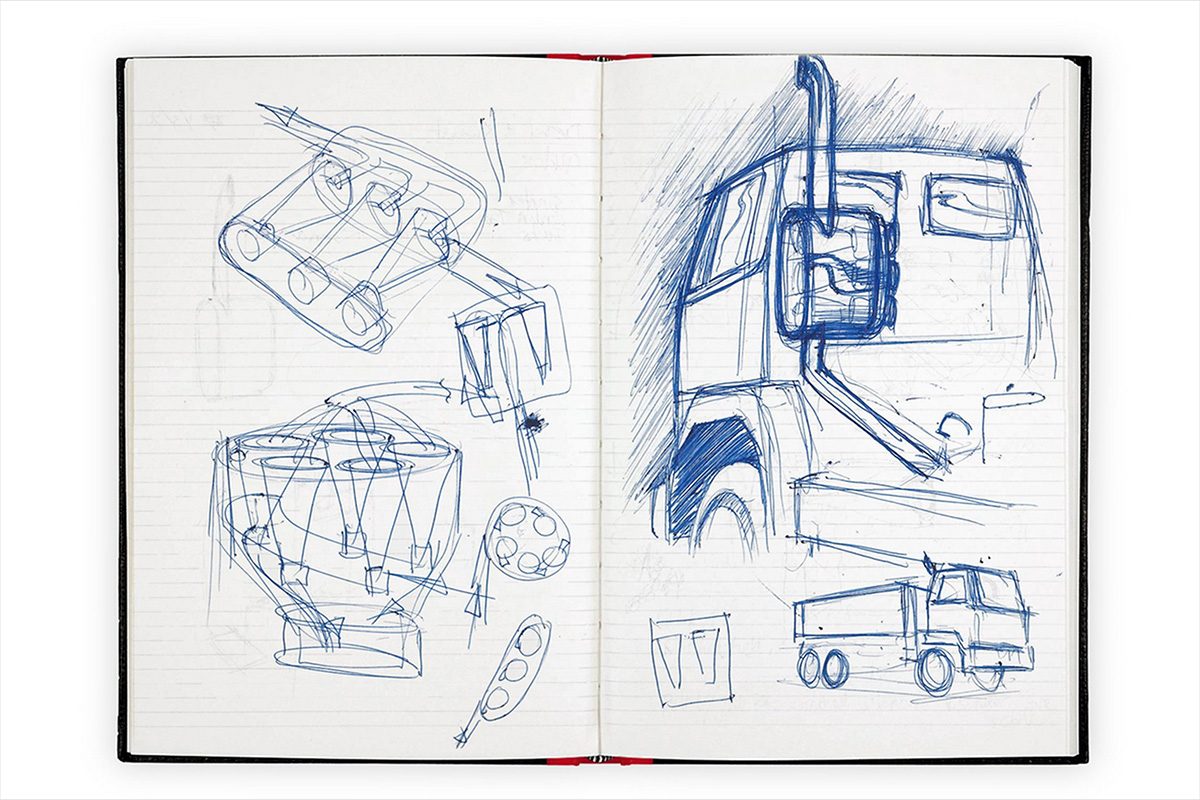James Dyson has announced that they’ve begun work on a battery electric vehicle, due to launch in 2020.

When James Dyson, the inventor of the Dyson Vacuum Cleaner, announced to his company employees that they are working on an electric vehicle it’s certainly interesting news.
But when he also announces that Dyson is investing $3.5 billion AUD, currently have a team over 400 strong that combines top Dyson engineers with talented individuals from the automotive industry plus they are “recruiting aggressively”, then you have to take him very seriously. According to Dyson “the project will grow quickly from here but at this stage we will not release any information.”
Accusing major auto manufacturers of “circumventing and duping clean air regulations”, he claims that rising smog levels is a “problem that others are ignoring.” It is believed a team of engineers has been working on the secret project in the UK for the past two years.
If Elon Musk can create a company as successful as Tesla then there is no reason Dyson cannot do the same with the right team and capital behind him although he is said to have ruled out working with any existing car companies. It will be interesting to see what the future brings.
This is James Dyson’s note to employees in full:
“In 1988 I read a paper by the US National Institute of Occupational Safety and Health, linking the exhaust from diesel engines to premature death in laboratory mice and rats. In March 1990 a team at Dyson began work on a cyclonic filter that could be fitted on a vehicle’s exhaust system to trap particulates.
“In 1993 we had developed several working prototypes and showed an early iteration to British television Blue Peter. The team went on to develop a much more sophisticated technology.
“To our chagrin, nobody at the time was interested in employing our diesel exhaust capture system and we stopped the project. The industry said that ‘disposing’ of the collected soot was too much of a problem! Better to breathe it in?
“In the period since, governments around the world have encouraged the adoption of oxymoronically designated ‘clean diesel’ engines through subsidies and grants. Major auto manufacturers have circumvented and duped clean air regulations. As a result, developed and developing cities are full of smog-belching cars, lorries and buses. It is a problem that others are ignoring.

“Throughout, it has remained my ambition to find a solution to the global problem of air pollution. Some years ago, observing automotive firms were not changing their sports, I committed the company to develop new battery technology. I believed that electrically powered vehicles would solve the vehicle pollution problem. Dyson carried on innovating.
“The latest digital motor and energy storage systems power the Dyson Supersonic hair dryer and cord-free vacuum line. We’ve relentlessly innovated in fluid dynamics and HVAC systems to build our fans, heaters and purifiers.
“At this moment, we finally have the opportunity to bring all out technologies together into a single product. Rather than filtering emissions at the exhaust pipe, today we have the ability to solve it as the source. So I wanted you to hear it directly from me: Dyson has begun work on a battery electric vehicle, due to be launched by 2020.
“We’ve started building an exceptional team that combines top Dyson engineers with talented individuals from the automotive industry. The team is already over 400 strong, and we are recruiting aggressively. I’m committed to investing £2bn on this endeavour.
“The project will grow quickly from her but at this stage we will not release any information.”
Credit: Dyson

